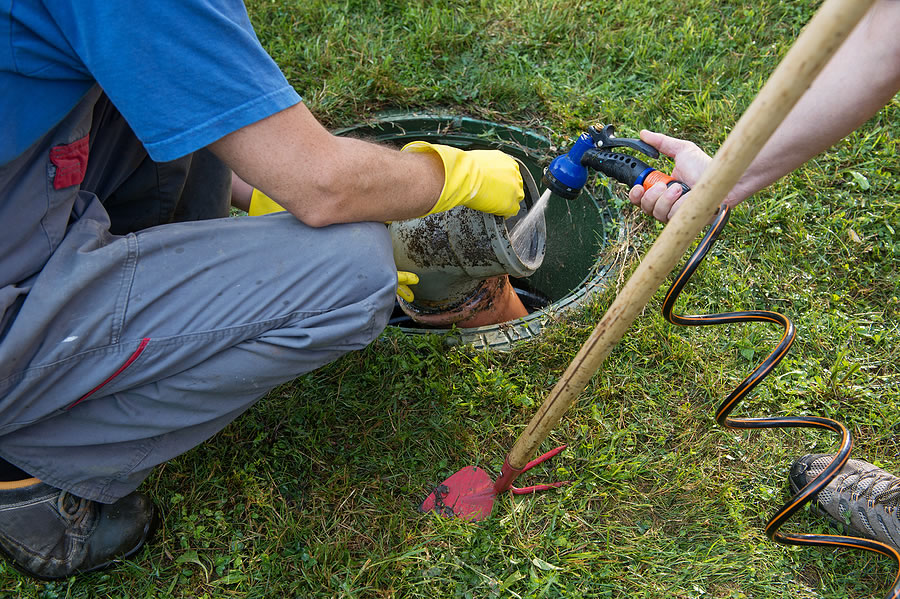
29
Septic tanks play a crucial role in managing household wastewater in areas where municipal sewer systems are not available. Proper maintenance and care are essential to ensure these underground systems work efficiently and to avoid costly repairs or replacements. In this article, we will explore some key tips on how to keep your septic tank running smoothly, including septic tank repair, professional septic company assistance, and proper septic tank installation and pumping.
One of the most critical aspects of septic tank maintenance is regular pumping. Over time, solid waste and sludge accumulate at the bottom of the tank, reducing its effective capacity and potentially causing blockages in the drain field. It is recommended to have your septic tank pumped every 3 to 5 years, depending on household size and water usage. Hiring a licensed septic tank pumping service ensures the job is done correctly, and they can inspect the tank for any signs of damage or potential issues.
While some minor maintenance tasks can be handled by homeowners, it is essential to have a professional septic company, such as Charlotte Septic Pros, conduct regular inspections. These experts have the knowledge, experience, and specialized tools to identify potential problems early on. Early detection of issues can prevent them from turning into major headaches and save you from expensive repairs. Additionally, they can advise you on best practices for maintaining your septic system and offer personalized recommendations based on your household's usage patterns.
One of the simplest yet most effective ways to keep your septic tank running smoothly is to be mindful of what you flush or pour down the drain. Avoid putting non-biodegradable or harmful substances such as grease, oil, chemicals, feminine hygiene products, or coffee grounds down the toilet or sink. These items can clog the system and disrupt the natural decomposition process inside the tank. Using septic-safe toilet paper and limiting the use of garbage disposals can also prevent unnecessary strain on the septic system.
Conserving water not only helps the environment but also aids in the smooth operation of your septic tank. Excessive water usage can overload the system and prevent proper wastewater treatment. Simple measures like fixing leaks, installing low-flow fixtures, and spreading out laundry and dishwasher loads can significantly reduce water consumption. Furthermore, avoid running multiple water-intensive appliances simultaneously.
If you are constructing a new home or need to replace an old septic tank, proper installation is critical. Seek the expertise of reputable septic system installers from Charlotte Septic Pros who will ensure the tank is appropriately sized and placed in compliance with local regulations. Choosing durable and high-quality materials can also extend the life of your septic tank. Moreover, if you notice any signs of trouble, such as slow drains, foul odors, or wet spots in the yard, do not hesitate to contact a professional septic tank repair service promptly. Timely repairs can prevent minor issues from escalating into severe problems.
A well-maintained septic tank is vital for the smooth operation of your household's wastewater management system. Regular septic tank pumping, professional assistance from septic companies, mindful water usage, and proper installation and repair are all essential components of a successful septic tank maintenance plan. By following these tips, you can not only avoid costly repairs but also contribute to the longevity and effectiveness of your septic system. Remember that investing in proper maintenance now can save you from much bigger headaches down the road.

21
Simple Habits That Protect Your Septic System A well-functioning septic system does its job quietly, but the moment something goes…
Read more
14
Pump Now or Pay Later: The Real Cost of Skipping Maintenance A properly functioning septic system is easy to forget…
Read more
11
Why Your Septic System Always Acts Up at the Worst Time Homeowners often feel that septic problems strike at the…
Read more
04
Early Warning Signs Your Septic Tank Needs Pumping For homeowners who rely on a septic system, routine maintenance is not…
Read more
29
Why Does My Septic System Smell Fine One Day and Terrible the Next? If you own a home with a…
Read more
19
Is Your Septic System Overdue? Simple Home Checks You Can Do Today For many homeowners, the septic system is a…
Read more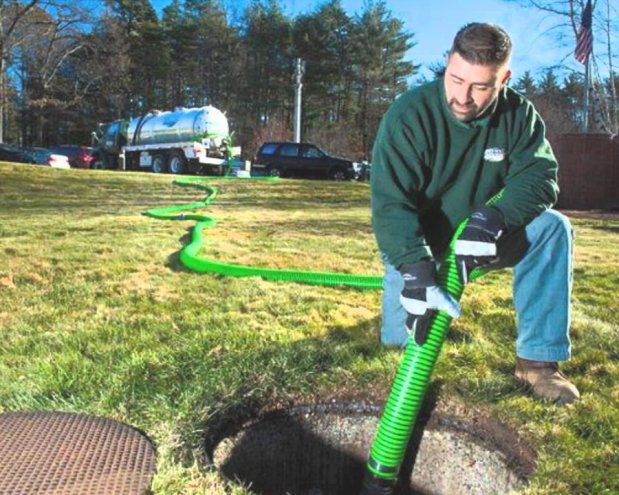
13
5 Signs Your Septic Tank Is Overdue for Pumping Your septic system works quietly behind the scenes, managing wastewater from…
Read more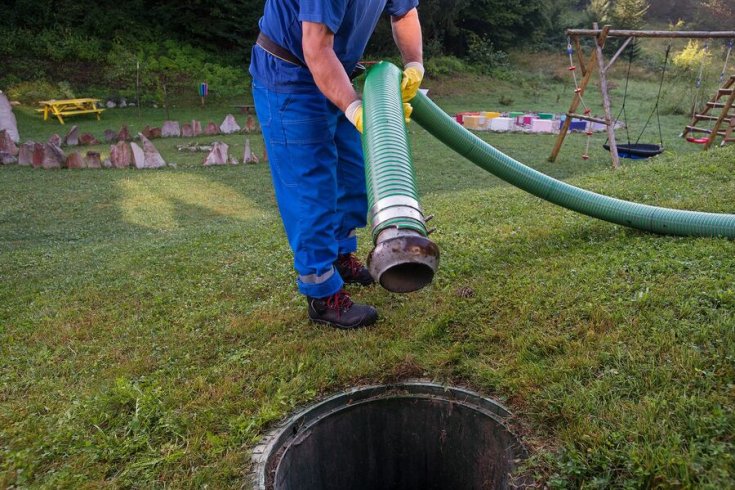
07
Do Septic Additives Really Work? Septic additives are everywhere. You’ll see them at hardware stores, advertised online, and often recommended…
Read more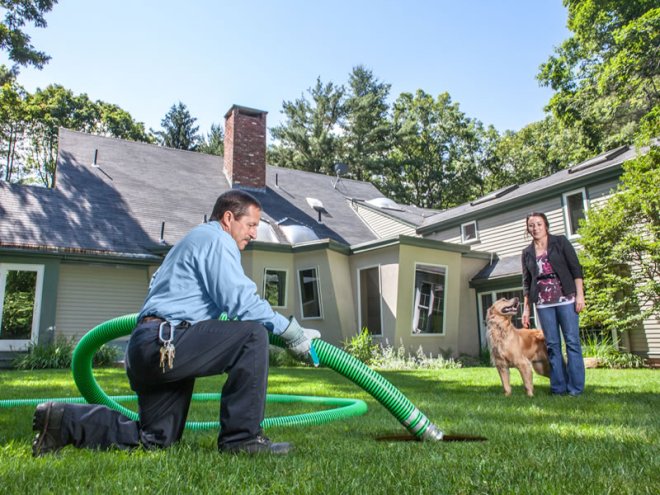
29
5 Things You’re Doing Every Day That Fill Up Your Septic Tank Faster Your septic system works quietly in the…
Read more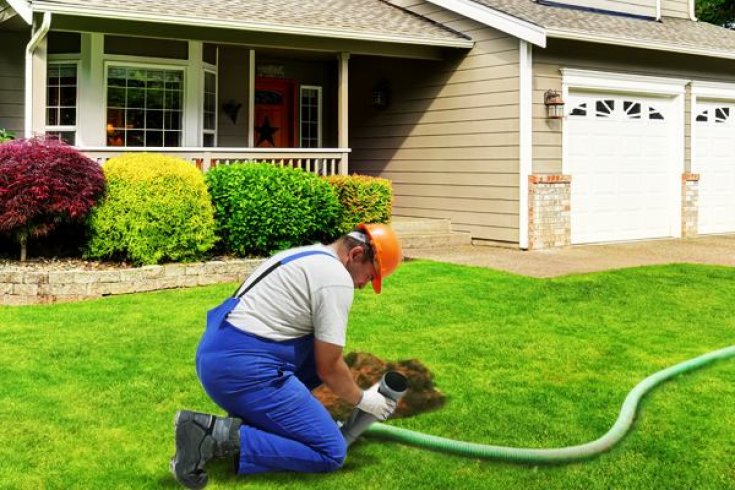
21
Is It Normal for Grass to Grow Greener Over My Septic Tank? If you’ve noticed a patch of grass in…
Read more